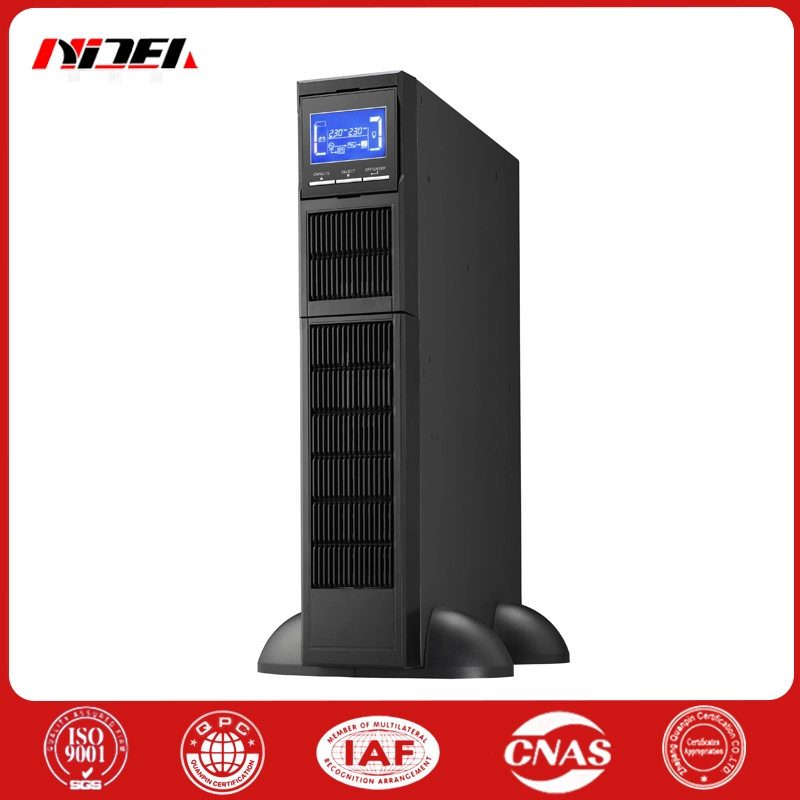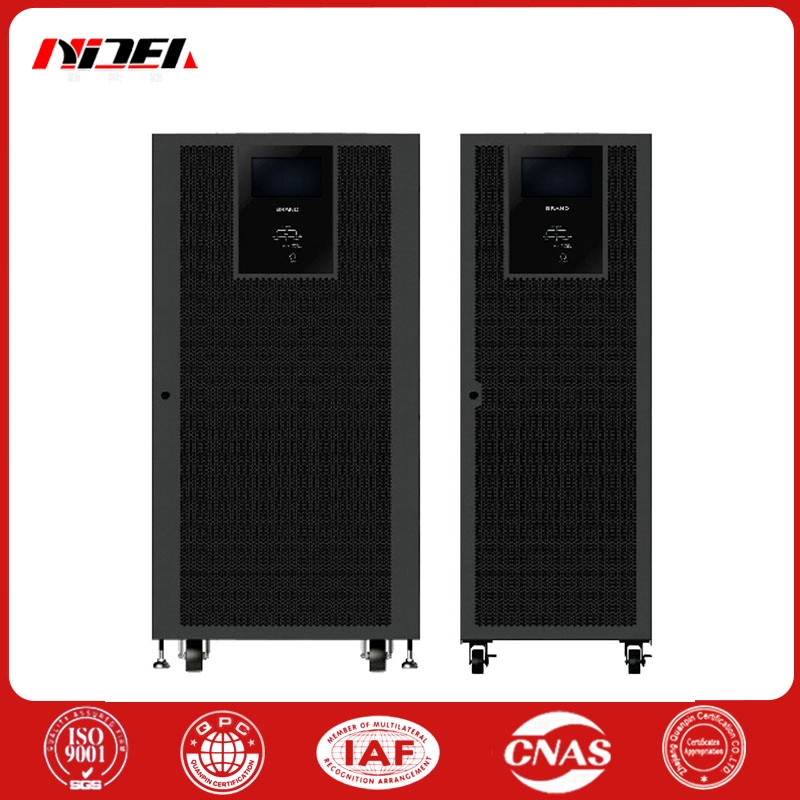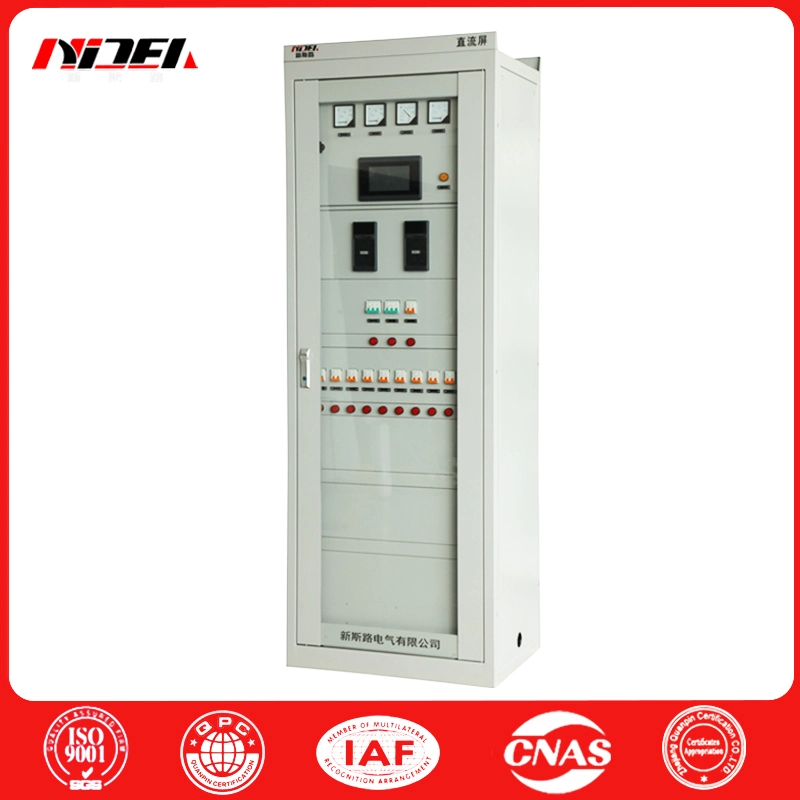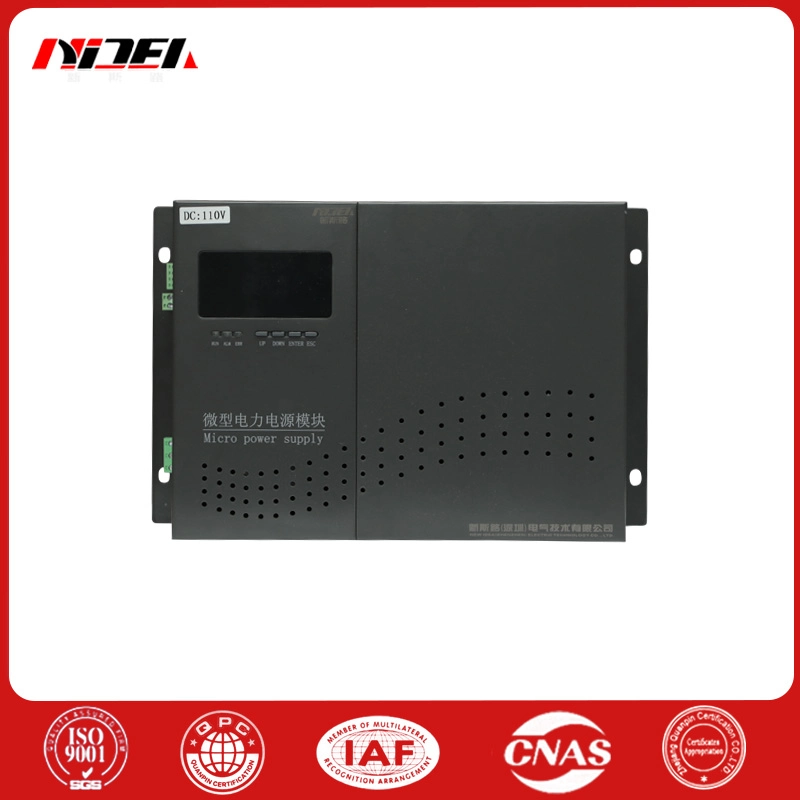What Are the Main Types of UPS Systems?
In today’s interconnected world, maintaining a consistent power supply is critical for both personal and professional environments. Uninterruptible Power Supply (UPS) systems are the cornerstone of power reliability, ensuring that equipment stays operational during power outages or fluctuations. However, not all UPS systems are the same. They are designed for different use cases and levels of protection. Understanding the main types of UPS systems is essential for selecting the right one for your needs.

1. Standby UPS (Offline UPS)
Standby UPS systems are the most basic and cost-effective type, primarily used for personal computers and small office setups.
How It Works:
- In normal operation, the UPS passes utility power directly to the connected devices.
- When a power outage or fluctuation occurs, the UPS quickly switches to battery power.
Key Features:
- Lightweight and compact design.
- Suitable for low-power devices.
- Provides basic surge protection and power backup.
Applications:
- Home offices.
- Consumer electronics like routers and gaming systems.
- Small workstations.
2. Line-Interactive UPS
Line-interactive UPS systems are a step up from standby UPS, offering better protection against frequent voltage fluctuations. These systems are ideal for environments where power irregularities are common.
How It Works:
- Includes an automatic voltage regulator (AVR) that adjusts the incoming voltage without switching to the battery.
- The UPS only uses battery power during extended outages or severe voltage fluctuations.
Key Features:
- Efficient voltage regulation.
- Longer battery life due to less frequent use.
- Affordable and versatile.
Applications:
- Small to medium-sized businesses.
- Networking equipment and servers.
- Retail systems and point-of-sale devices.
3. Online UPS (Double-Conversion UPS)
Online UPS systems provide the highest level of protection by delivering continuous and clean power, making them ideal for critical applications and sensitive equipment.
How It Works:
- Converts incoming AC power to DC, then back to AC before sending it to connected devices.
- Ensures complete isolation from power disturbances.
Key Features:
- Zero transfer time during power interruptions.
- Clean, uninterrupted power output.
- Suitable for environments requiring high reliability.
Applications:
- Data centers and server farms.
- Hospitals and medical equipment.
- Industrial automation systems.
Choosing the Right UPS System
Selecting the appropriate UPS system depends on several factors:
1. Power Requirements: Assess the wattage of devices you need to protect.
2. Environment: Consider the frequency of power disturbances in your area.
3. Criticality: Evaluate how essential the devices are to your operations.
4. Budget: Balance cost with the level of protection required.
As a professional Uninterruptible Power Supply (UPS) manufacturer, Xinsilu factory (NICEA) focuses on the research, development, manufacturing and sales of intelligent integrated power supply, Communication Power Supply, UPS and inverter series power supply products. It has passed many international standard management system certifications and won many national patents.Visit our website at xinsiluelectric.com to learn more about our products. For inquiries, you can reach us at 19139518311@163.com.
- Why Choose High Frequency Series UPS for Next-Level Power Protection?
- How Does a Communication Power Enhance Modern Network Reliability?
- What Are Circuit Breakers?
- How do Distributed Operating Power Supplies Address Power Supply Pain Points of Decentralized Equipment Across Key Fields?
- Can DC Operating Power Systems Reduce Your Operational Costs
- How do DC Operating Power Supply Systems Support Stable Equipment Operation in Power, Industrial, Data Center and Rail Transit Sectors?













